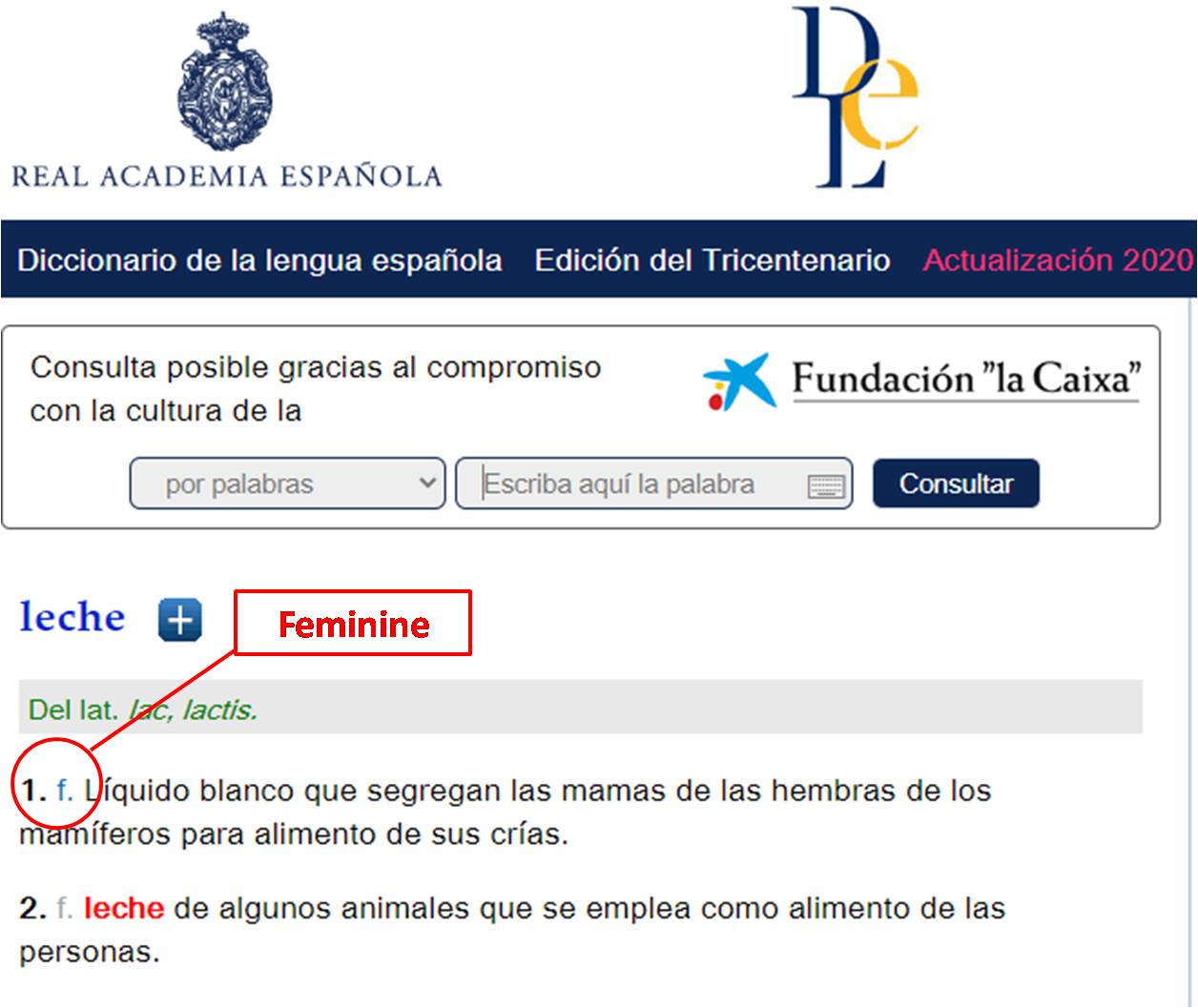Sustantivos - Nouns
“Sustantivo” (noun) is the kind of word that is used to name things, people, animals, events or abstract concepts. Also known as “nombre”.
The noun allows us to designate concepts as common and varied as mother, horses, water, tree, table, pride or hunger. This makes it essential in communication.
Types of nouns
In Spanish, there are different types of nouns. According to what they name, they can be classified into:
Sustantivos propios -Proper nouns
They name an object or subject in a concrete and particular way.
People have a name (sometimes two or three names) and a surname. Spanish speakers often have two surnames in their documents.
Cities, countries, rivers, seas, companies also have names.
They are proper names, in Spanish “sustantivos propios” o “nombres propios”. Their characteristic is that they have only one meaning. It does not matter if there are other people with the same name and also the same last name: the proper name identifies.
We write the proper names with the first letter in capital letters (Madrid, Ana, Colombia, Amazon, Lionel Messi, Julio Cortázar).
But, in Spanish, nationalities or names of languages are not proper names, that is why they are written with lowercase letters. We write Venezuela o Chile, but venezolano or chileno.
They are used to name:
- People (Maria, Juan)
- Countries, cities and continents (Colombia, Montevideo, Asia)
- Brands (Bimbo, Sony)
- organizations or institutionsi (Universidad Autònoma de Barcelona, Greenpeace)
- Holidays (Navidad, Pesaj)
- Misical groups (Nirvana, The Beatles)
- Literary or art works (Don Quijote de la Mancha, La Gioconda)
Sustantivos comunes - Common nouns
Common nouns designate a person, animal or thing in a general way. For example: mesa, silla, vaca, perro, montaña, amor (table, chair, cow, dog, mountain, love). They are always written with lowercase letters, unless they are at the beginning of a sentence.
Common nouns are classified in different ways:
- Sustantivos abstractos (Abstract nouns). They designate ideas, concepts and feelings. For example: libertad, felicidad, odio, compasión (freedom, happiness, hatred, compassion).
- Sustantivos concretos (Concrete nouns). They name things and objects. For example: casa, gato, árbol, pelota (house, cat, tree, ball).
Concrete nouns are classified into:
- No contables (Uncountable nouns). They cannot be numbered, but they can be measured. For example: agua, azúcar (water, sugar). In the latter case, you cannot say "dos azúcares" (two sugars), but you can say "un kilo de azúcar" (one kilo of sugar).
- Contables (Countable nouns). They can be numbered. For example: manzana, mesa, amigo (apple, table, friend).
Countable nouns can be classified into:
- Individuales (Individual nouns). They name a particular being in the singular. For example: pez, perro (fish, dog).
- Colectivos (Collective nouns). They name a group of people, animals, objects in a global or group way. For example: “pez” (fish) is individual and “cardumen” (shoal) is collective, since it refers to a group of fish.
Gender and number of nouns in Spanish
Nouns have gender and also number.
Nouns in Spanish are either feminine or masculine. Knowing the gender of a noun is important.
Articles and adjectives must agree with the gender (feminine or masculine) and the number (singular and plural) of the nouns. Verbs must also match the number.
Gender of nouns in Spanish
There are no general rules for knowing whether a noun is masculine or feminine.
Here are some generalities, but keep in mind that there are exceptions.
Generally are masculine
Generally are feminine
There are difficult words because the ending in -a does not indicate that a word is feminine. Mapa, idioma, problema, drama, tema, planeta, día (map, language, problem, drama, theme, planet, day) are masculine.
Furthermore, the ending in -o does not indicate that a word is masculine. Mano (hand), radio (radio), moto (motorbike), foto (photo) are feminine.
Other words ending in -ista (professions or similar) can have masculine or feminine articles, depending on the sex of the person: un / una taxista (taxi driver), el / la especialista (specialist), el / la artista (artist).
Do you have any doubts?
"Leche" means milk. But is it masculine or feminine? If you have doubts about the gender of names, I recommend that you consult the dictionary. Click here


Number of nouns in Spanish. Singular and plural
How to form the plural of a noun?
Most nouns add an "s" at the end: casa - casas, gato - gatos.
If the noun ends with a consonant, "es" is added: árbol - árboles, reloj - relojes.
If it ends with "z", the "z" is changed to "c" and "es" is added: luz - luces, cruz - cruces.